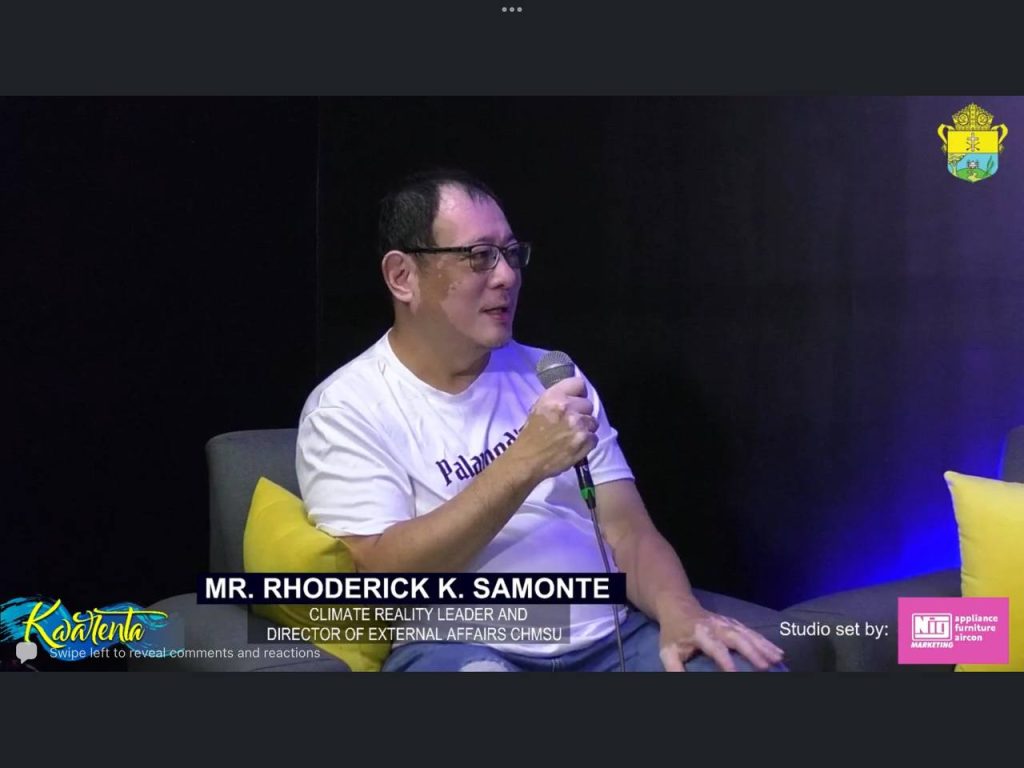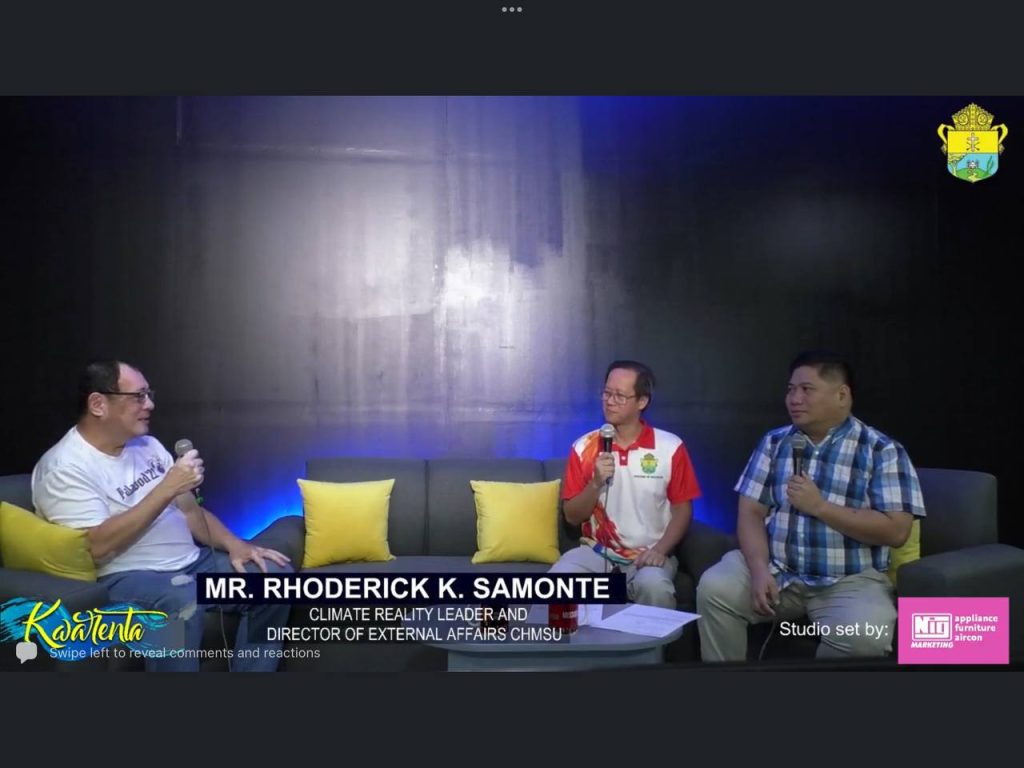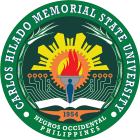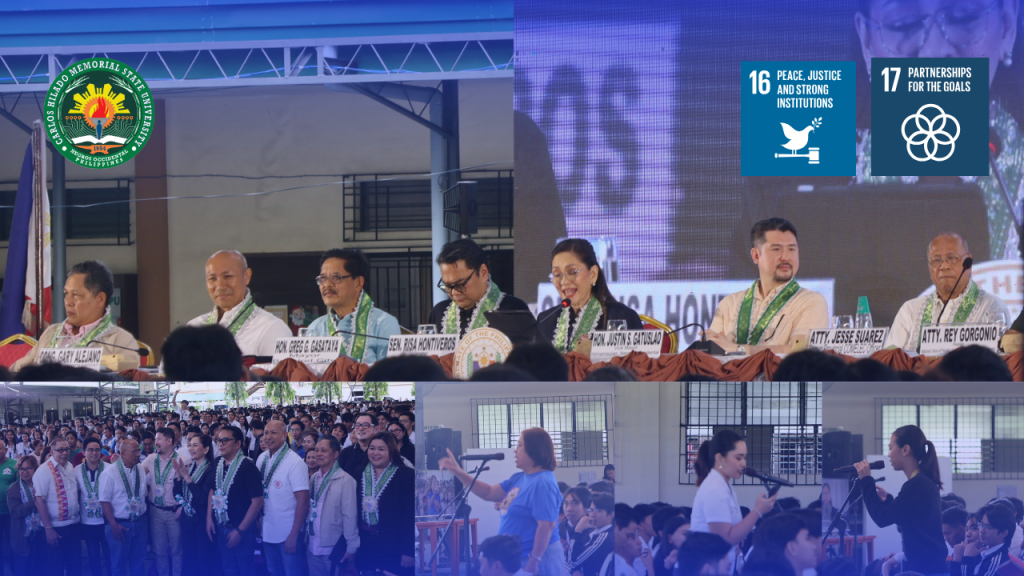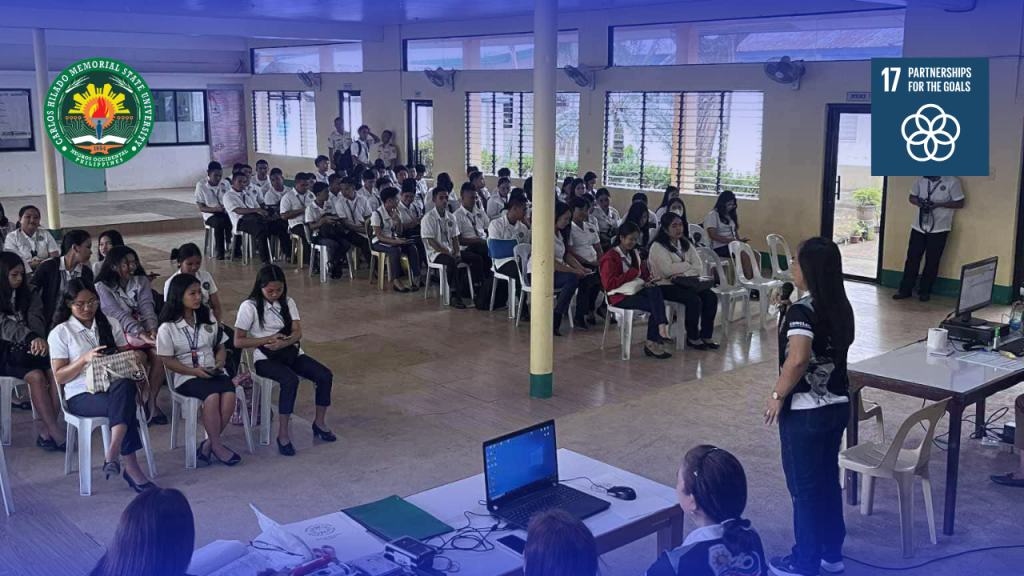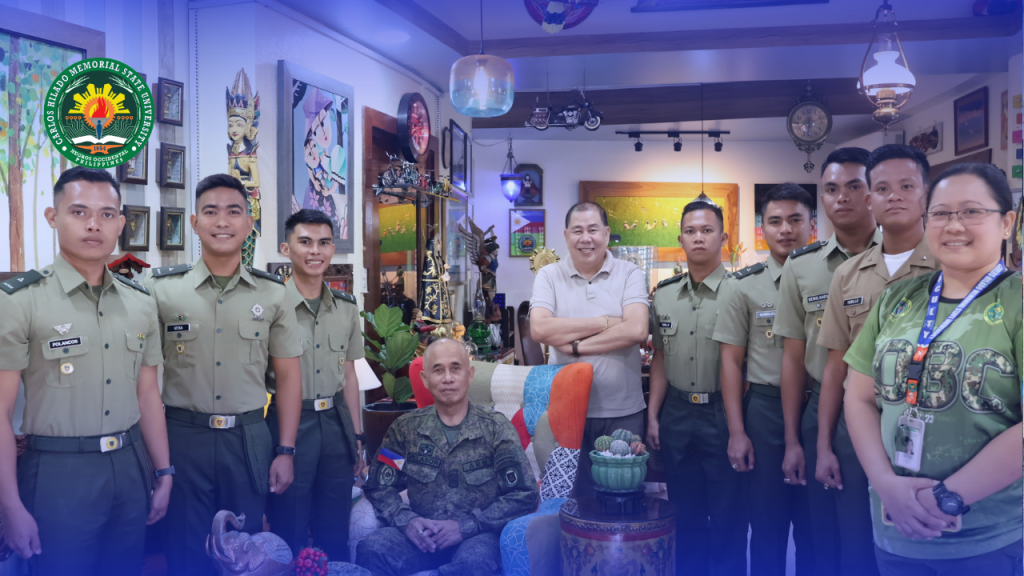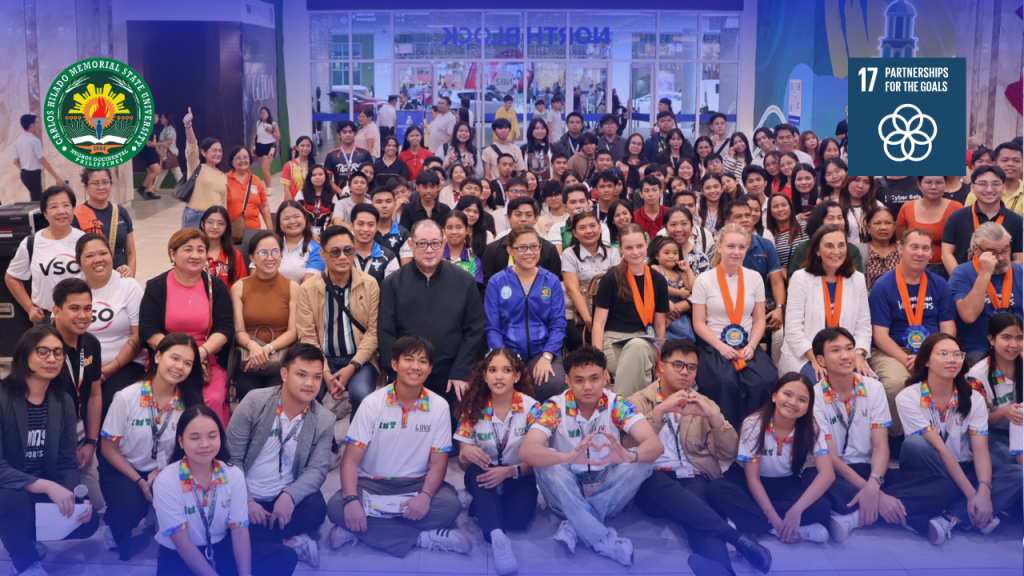The Diocese of Bacolod highlighted Carlos Hilado Memorial State University’s environmental advocacies and practices in an episode of “Kwarenta,” its radio program, aired on April 25, 2023 over DYAF-CMN Bacolod 1143 kHz AM Radio and live stream on the ADSUM and DYAF Diocese of Bacolod Facebook pages.
Rhoderick K. Samonte, Director for Internationalization and External Relations and Greening CHMSU Task Force Chair, was invited to the program with hosts Rev. Fr. Roy Christian Gesulgon and Rev. Fr. Chris Gonzales.
Fr. Gonzales introduced CHMSU as an institution whose advocacies for the environment are worth following.
Samonte discussed the Ecological Waste Management System as the school’s response to the growing need to address waste management issues. He shared that the system was created after consultations with janitors who were in-charge of waste collection.
When the campaign was launched in 2019, Samonte said that it focused on offices because students were not allowed on campus due to the COVID-19 pandemic. Initially, there were negative reactions to the system, especially on the “no segregation, no collection” policy. However, Samonte said that resistance and tension come with change and that while it’s a slow process, what is important is consistency.
With the students back on campus, Samonte cited that the challenge is to educate these young people who came from different cultures and backgrounds. He emphasized the need for self-discipline and persons with authority to consistently enforce and practice policies.
Fr. Gesulgon lauded the creation of the policy through listening and said that it gave a sense of community in the school.
Samonte also discussed the Bionihan Project at Gawahon Eco Park, Victorias City. He shared that the school has been engaged in the reforestation of the area since 2017 and that it made the commitment to help protect the remaining forests and restore biodiversity. Samonte added that the project is also in partnership of the Bantay Bukid personnel who serve as guides and supply the tree seedlings.
When it came to doing such activities, Samonte said that it involves getting out of one’s comfort zone and getting the hands dirty.
To monitor the progress of the Bionihan Project, the trees planted and grown were recorded and mobile applications were used to create locators. With the data gathered, Samonte cited an 80-85% survival rate of the trees grown.
When asked about volunteerism within the CHMSU community, Samonte said that being a volunteer is inherent in a CHMSUan because of the core values ExCELSIOR. While there have been some some challenges, the students have so far been responsive to the call of volunteerism, be it with the environment or post-calamity situations. Samonte named CHMSUyanihan and CHMSU Cares as two other platforms that have given the students the opportunity to extend help to others in the community.
In closing, Samonte thanked the radio program for the opportunity to share CHMSU’s advocacies. He also thanked the school’s students, faculty, staff, and partners for their support in various initiatives and encouraged everyone to continue to share their knowledge for the betterment of the world and generations to come.
